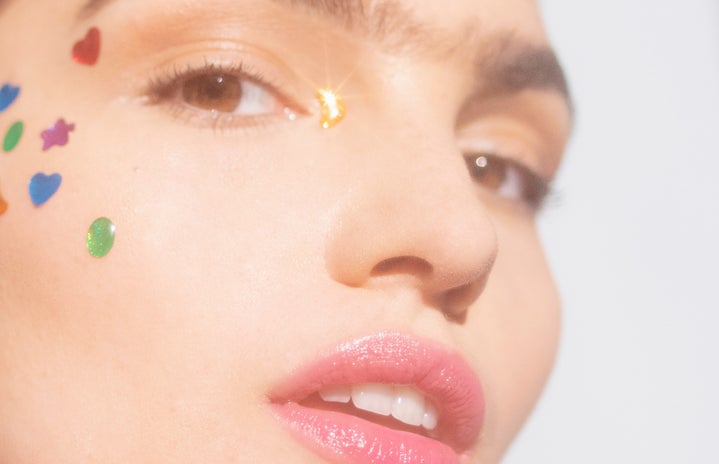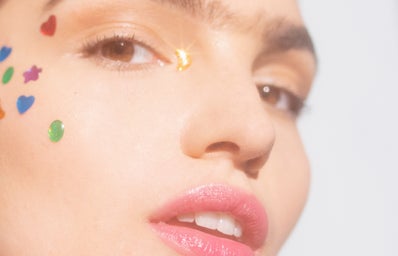Many beauty trends have ruled over the years, but many of them seem meaningless to you? A term that will possibly change your relationship with the subject and how you take care of yourself has generated many adherents around the world. Have you ever heard about Slow Beauty?
Created in the USA, the term is a strand of the Slow Living movement, which proposes a slower lifestyle, focused on the essentials. The objective of the idea is to reduce the consumption of industrialized products with compounds that are harmful to beauty, focusing on natural, organic and vegan products that you can include in your care routine.
What is needed is to deconstruct the fast pace at which society was taught to take care of itself, always looking for immediate results, little attention to sensations; and consumption also leads us to question certain actions and thoughts: why do we consume certain products and place them as protagonists of our care? What is the impact (environmental, mental and health) of all this? How can I reduce this damage?
To contribute to this reflection, HC Cásper Líbero talked with journalist Marcela Rodrigues, responsible for @anaturalissima, an independent multiplatform lifestyle content that promotes ideas of sustainability and conscious beauty.
There are many alternatives and ways to join Slow Beauty, but according to Marcela, there are two foundations that have a lot of strength and urgent need: slow down and question more about what we consume.” I joined when I was already trying to adapt my lifestyle to be more responsible and aware, and when I looked at my relationship with care, I identified with the slow food and slow beauty movement.”
- A DEMOCRATIC MOVEMENT
-
It is possible to find something natural in the industry, you only need to have an adequate production chair so that in fact there can be benefits in the use of products such as: anti-inflammatory action, healing, moisturizing, etc. The slow beauty ensures that natural products do not have allergenic substances such as alcohol, parabens and fragrances, making the product democratic and accessible for everyone who wants to practice self-care without fear.
For Marcela, companies are creating more ecological and healthier products in terms of beauty and hygiene, but it is not just about what industries or companies do. “Slow Beauty is about minimalism, essentialism, autonomy and unhurried pace. And these points, even companies that claim to be sustainable do not work.”
- AN EVOLUTION
-
For Marcela, Slow Beauty is a movement that is growing, but at a much smaller pace than the Clean Beauty movement, which includes Slow Beauty, but is more focused on the consumption of beauty.
“I believe that people want to deconstruct their relationship with beauty and well-being, but letting go of expectations for results and dependence on products is still challenging. That’s why I always put slowing down as a first step to clean beauty, another movement that I’m active. So they connect and really bring us into a more responsible relationship with this universe. What we can learn from Slow Beauty is that each one has a rhythm and this needs to be put into our practice carefully. And that pace needs to be dictated by us, not the media or the industry. And when we recognize and discover our own rhythm and connect a sense of responsibility, then yes, a revolution takes place. ”
- MUST HAVE!
-
It is not enough to have some ingredients just to be considered natural and there are a series of requirements, such as not being tested on animals, having 100% organic production, being free of pesticides, synthetic fertilizers or even genetically modified organisms.
In addition, it is important to research and understand which natural ingredients are beneficial, because some can cause some kind of reaction to substances such as: mastic, citrus fruits, foods containing bergapten, rue, celery, coriander that can be exposed to the sun. cause skin blemishes and burns.
- DO IT YOURSELF
-
Next steps to start practice. According to Marcela, first slow down, ritualize and question. Always, in the same proportion.
“I have a manifesto of my work with @anaturalissima which is ‘More Rituals, Less Stuff’. For us to remember that the experience, the sensations, need to be more important than the products in our care routine. Breaking paradigms of what we were taught about beauty, care and aesthetics. Follow your own pace and have more autonomy. More purpose, connection with nature, personal power… and a benefit for the whole, the planet, of which we are a part as human nature: to reduce the impact of our habits. “ she says.
——————————————————————————————————————————————-


